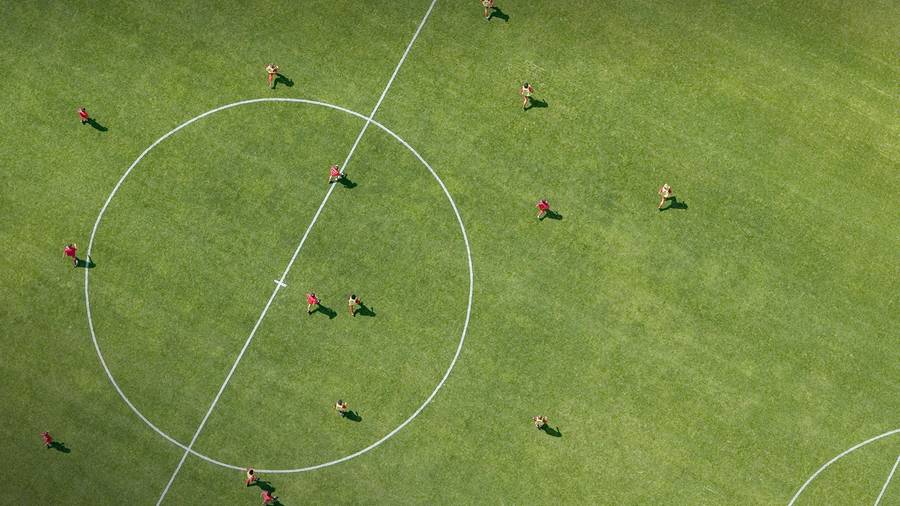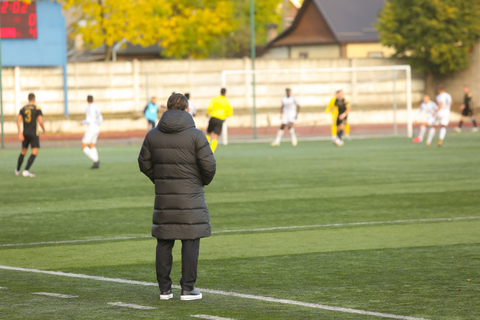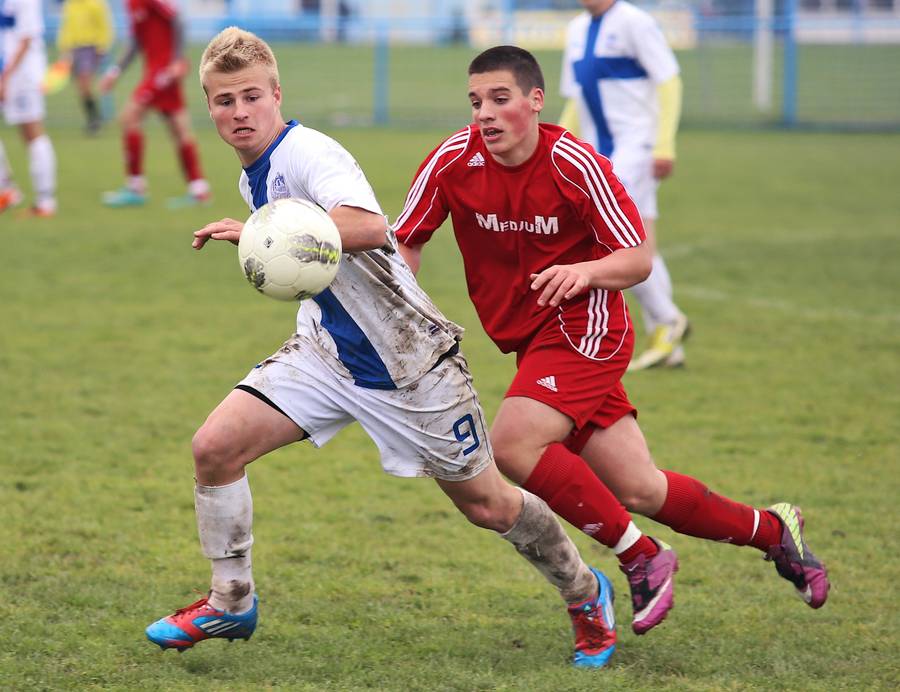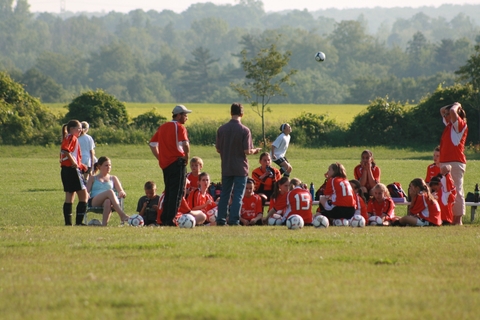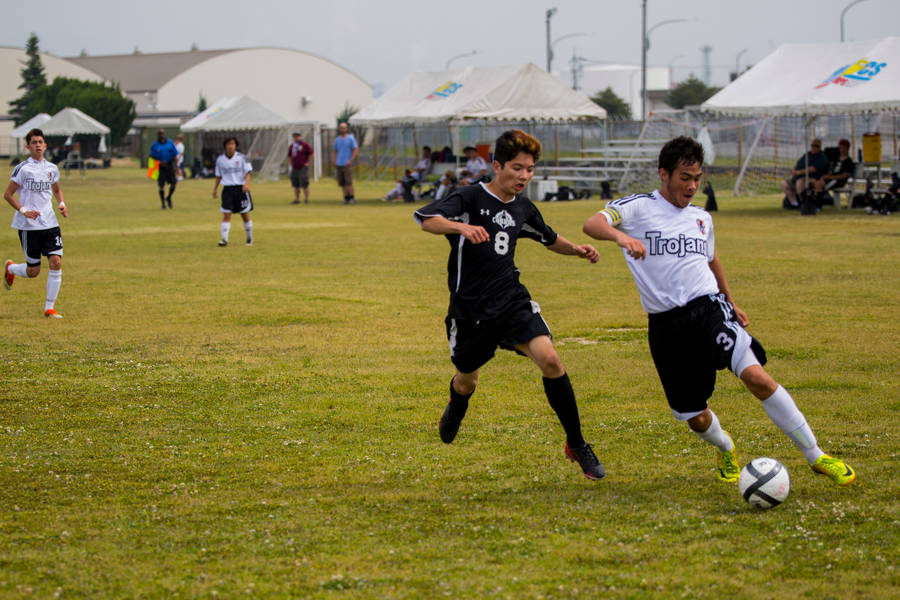
In the world of grassroots football, we often see young players arrive with stars in their eyes, dreaming of becoming the next Harry Kane or Lucy Bronze. Commitment to their dream is essential if they are going to get anywhere close to achieving it, but between all the extra training some young players do, attending camps and add on sessions is there a danger that they’re going “all in” on football and missing out on other, important aspects of their youth? Becoming a top player is a noble aspiration but it raises an important question, should budding young footballers focus exclusively on their game, or is there value in pursuing a broader range of interests?
There's no denying that to excel in any field, dedication and practice is key. Malcolm Gladwell's famous "10,000-hour rule" suggests that mastery of a skill requires a full 10,000 hours of practice. For young footballers hoping to make it to the top, this might seem like a compelling argument to spend every waking moment with a ball at their feet.
Also, football isn't just about physical skills. Understanding tactics, reading the game, and developing football intelligence are all crucial aspects that benefit from immersion in the sport. Watching matches and analysing performance can contribute to a young player's football game.
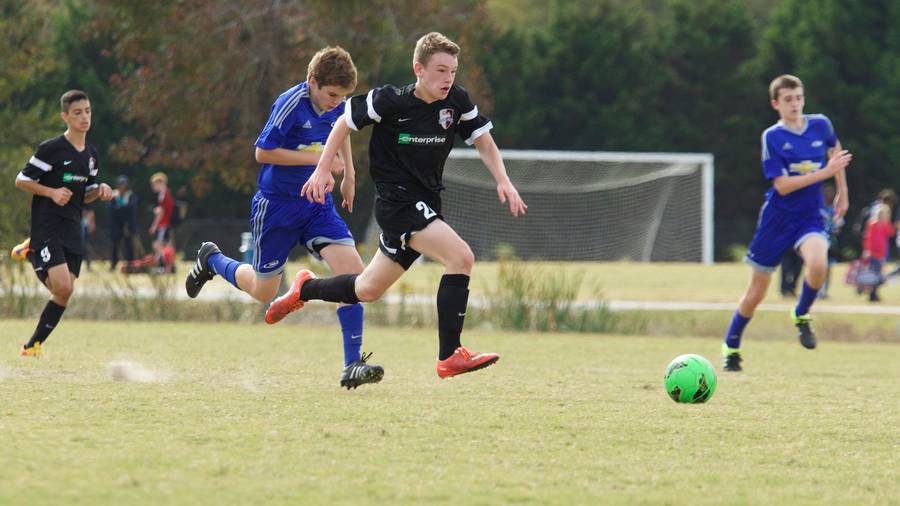
However, putting all your eggs in one basket – or all your balls in one net – might not be the best strategy for long-term success and well-being. For starters there is the danger of physical burnout. Even our most passionate young footballers can experience burnout if they don't take breaks. The close season should be a time to recharge and return to the pitch with renewed enthusiasm. I’ve seen players that have played too much football (summer tournaments, grassroots season Saturdays & Sundays, schools matches and representative teams) totalling over 100 games a season and suffer burnout injuries as a result that have plagued them.
A sole focus on football does little to develop well-rounded Individuals either. It’s hard for some of us to accept (!) but life is about more than just football. Engaging in other activities helps develop different skills and perspectives that can actually enhance football performance. For instance, dancing or gymnastics can improve agility and body awareness, while just about any other sport will compliment football development and sharpen strategic thinking.
A singular focus on football can create immense pressure and have a negative effect on mental health. Diversifying interests can provide stress relief and a sense of identity beyond the sport. Also, interacting with peers in different contexts helps build social skills and creates a support network outside of football.
The harsh reality is that less than 0.1% of junior footballers will end up making their living from the game. Not every talented young player will ever get near the professional ranks and having other interests and skills provides a safety net and alternative career paths. Football should in no way be detracting from important school work and progress through education.
The value of a good education and qualifications is self-evident and there are enough demands on young people to achieve at school without football providing additional anxiety.
The pressure to excel in both arenas can be overwhelming. Dr. Sarah Thompson, a sports psychologist specialising in youth development, notes, "We see an alarming trend of burnout among young athletes trying to meet the high expectations set in both their academic and sporting lives."
This observation underscores the need for a more holistic approach to youth development, one that recognises the value of both educational and athletic pursuits without sacrificing one for the other.
The journey of balancing school and football is not an easy one. It requires dedication, support, and a willingness to embrace both challenges and opportunities. For those who navigate this path successfully, the rewards are there. They emerge not just as athletes or scholars, but as individuals prepared to tackle whatever life throws up at them, both on and off the pitch.
Interestingly, research from the Football Association suggests that players who maintain a strong academic focus alongside their football training are more likely to excel. All professional academies maintain a strong ethos a pushing education to their players and poor reports from school can result in academy players being dropped from games or even released.
The role of grassroots coaches in this balancing act with young players is a significant one. More than just coaching football, the unsung heroes of the footballing world often find themselves as mentors, guiding young players through the choppy waters of adolescence. Mark Stevens, a grassroots coach from Manchester with over two decades of experience, emphasises the importance of this mentorship. "We're not just teaching them how to kick a ball," he explains. "We're teaching them life skills – how to manage their time, how to deal with pressure, how to be the best version of themselves."
So, what is the right amount of football for a young player? As with many things in life, it's about finding the right balance. Personally, I think it’s important to encourage dedication to football during the season, but allow for other activities in the close season. Trying new things and supporting interests that may or may not complement football skills, like other sports or strategic games is healthy and has significant benefits.
I think it’s important to ensure young players have time for schoolwork, friends, and family as well as football. Maybe this might involve missing a session to finish some coursework, or even missing a match to attend an important family gathering.
I would also advise listening to the young player. If they're passionate about football and other activities, support them in managing their time to pursue all of their interests.
Some of the greatest footballers have had interests outside the sport. The Brazilian football legend, Socrates was also a medical doctor and former Manchester United star Juan Mata, has a pair of university degrees.
While dedication to football is admirable and necessary for those aiming for the top, it shouldn't come at the expense of a well-rounded childhood and adolescence. By balancing football with other interests, we can nurture not just great players, but great people. After all, isn't that what grassroots football is all about?


